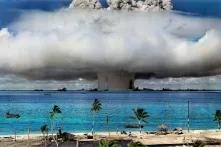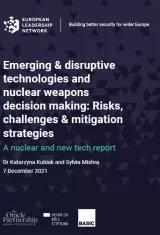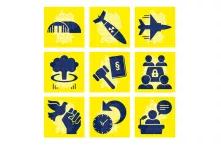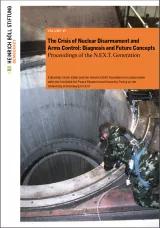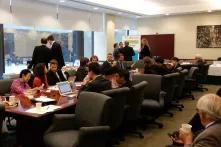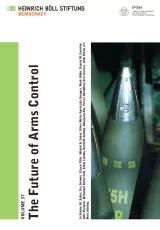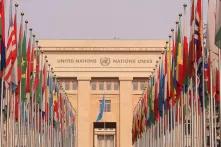Dossier
Nuclear Arms Control
Three decades after the end of the Cold War nuclear dangers are on the rise again for a variety of reasons: the arms control system, which was established between Moscow and the West over the last decades, is in decline. At the same time, since its all-out war against Ukraine, Russia is openly threatening to use nuclear weapons and - by doing so - undermining "the nuclear taboo". Beyond NATO and Russia, the owners of ninety percent of worldwide nuclear weapons, smaller nuclear weapon states such as China, India and Pakistan, are slowly increasing their arsenals. Despite international efforts to curb its nuclear ambitions, North Korea joined the club of nuclear powers, whereas Iran has been a nuclear threshold state for almost two decades.
But there is also hope: a growing number of states, supported by civil society organizations such as the International Campaign to Abolish Nuclear Weapons (ICAN), is calling for a total prohibition of nuclear weapons. The Treaty on the Prohibition of Nuclear Weapons (TPNW), which entered into force in 2021, is the strongest expression for this new push for global nuclear disarmament.
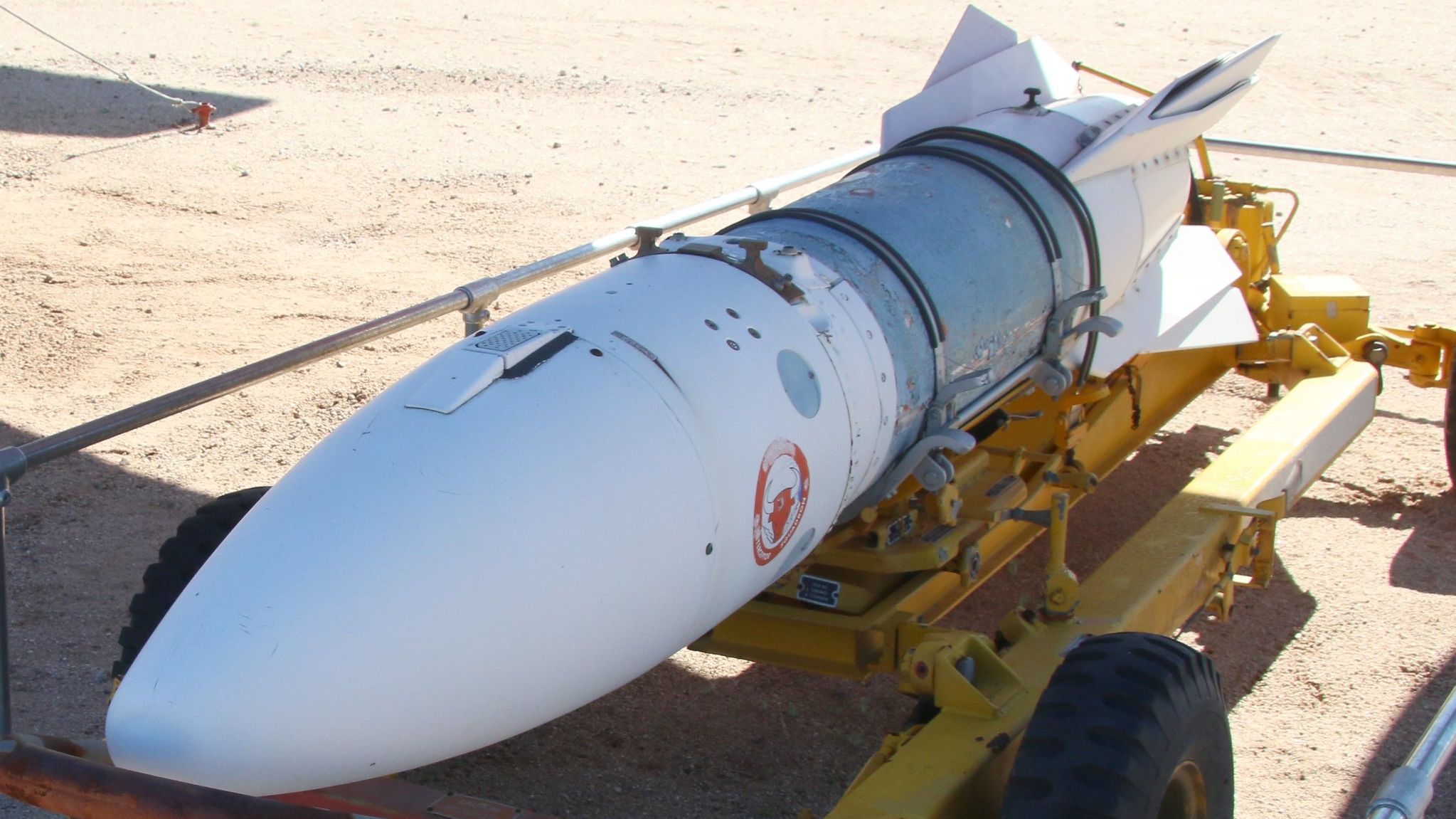
Eastern and Central European analyses on nuclear disarmament
In cooperation with ICAN International, the Heinrich Böll Foundation has supported four young researchers from Russia, the Czech Republic, Poland and Ukraine to write new analyses on nuclear disarmament in Eastern and Central Europe.
-
David Bachovsky
The Prague Agenda: Czech Republic and Nuclear Arms Control and Disarmament -
Zuzanna Gwadera
Polish Perspectives on Nuclear Deterrence and Disarmament -
Ksenia Pirnavskaia
Nuclear Disarmament in Russia: Exploring the Impact of Peaceful Nuclear Explosions on Pro-Disarmament Shift -
Valeriia Hesse
Winning the Game of Chicken With Memes: Ukrainian Reactions to Russian Threats
The Time Has Come (for the prohibition and elimination of nuclear weapons) - H Wokusch
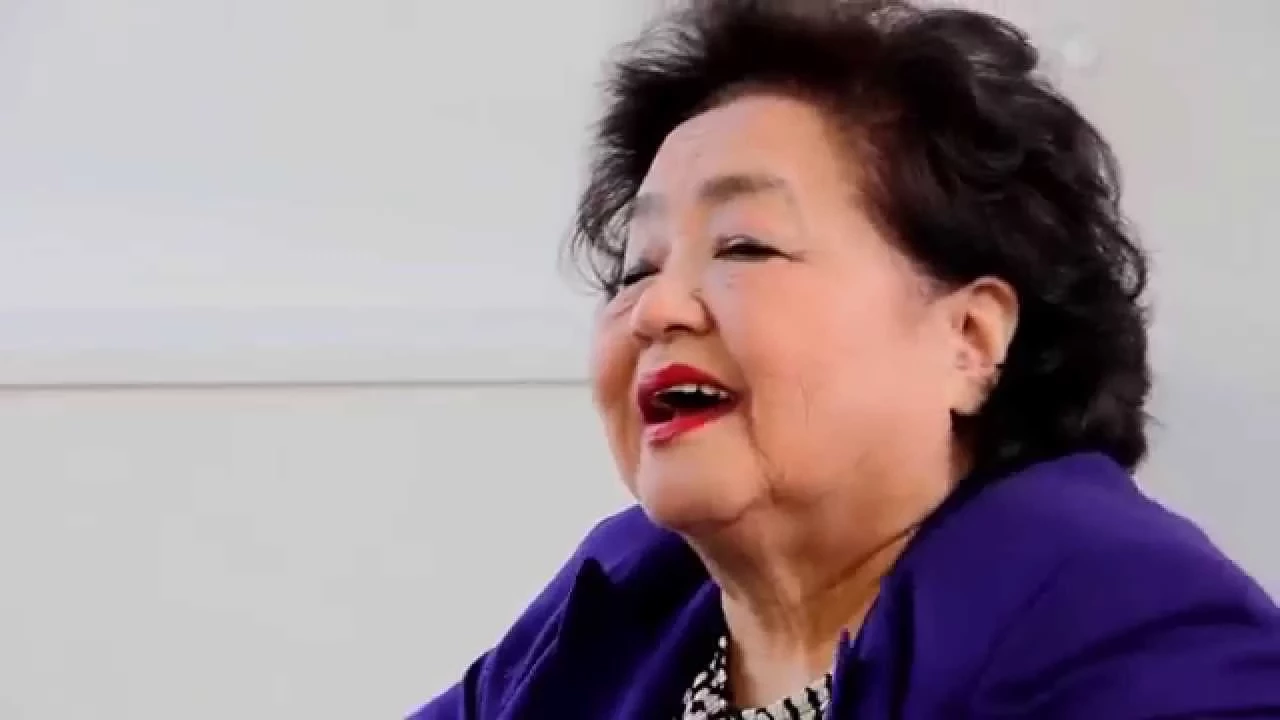 Watch on YouTube
Watch on YouTube
